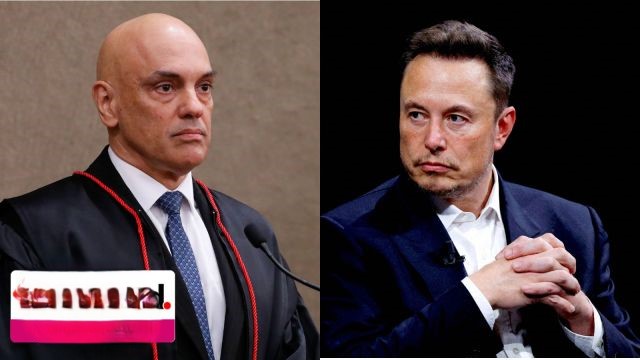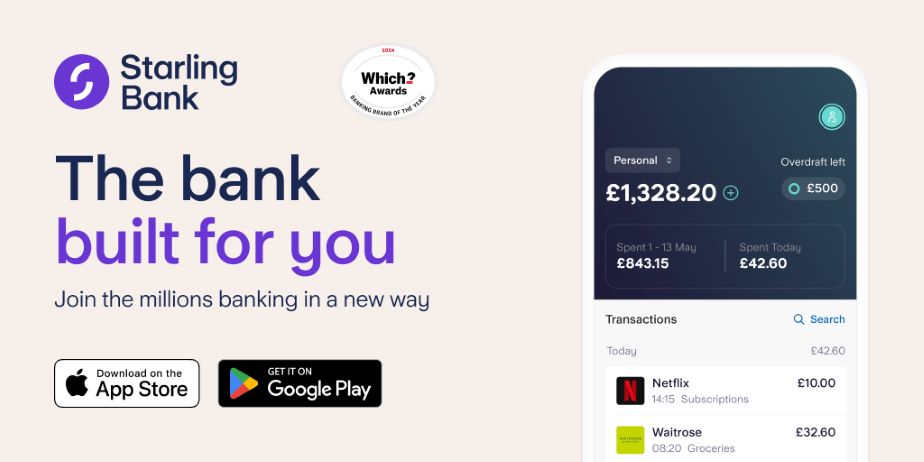Nandini Roy Choudhury, writer
Brief news
- Brazil’s Supreme Court, led by Alexandre de Moraes, imposed a final penalty of 10 million reals on X (formerly Twitter) for non-compliance, allowing the platform to reopen in the country.
- Musk criticized the court’s actions as censorship and threatened reciprocal measures against Brazil, despite previously collaborating with former President Bolsonaro.
- The STF’s enforcement actions signal a shift in how global tech companies perceive regulatory compliance in Brazil, emphasizing that regulations will be upheld regardless of a company’s influence.
Detailed news
The top judge of Brazil, Alexandre de Moraes, ruled on Friday that X must pay one final punishment before the Elon Musk-owned social network is permitted to reopen in that nation.
A panel of judges affirmed the platform’s countrywide suspension at the end of August on September 2. X notified the Brazilian Supreme Court earlier this month through documents that it had previously disregarded the directives and was now in compliance.
According to Brazil’s G1 Globo, X is now required to pay a fresh penalty of 10 million reals (about $2 million) for two further days of non-compliance with the court’s directives. Rachel de Oliveira, X’s legal agent in Brazil, is also obligated to pay a fine of 300,000 reals.
The lawsuit originates from April, when de Moraes, the minister of Brazil’s Supreme Court, known as Supremo Tribunal Federal (STF), commenced an investigation into Musk and X for purported obstruction of justice.
Musk pledged to resist the court’s directives to remove specific accounts in Brazil. He characterized the court’s actions as “censorship” and vehemently criticized de Moraes online, labeling the judge a “criminal” and urging the United States to terminate foreign aid to Brazil.
In mid-August, Musk shuttered X headquarters in Brazil. This resulted in his company without a legal presence in the nation, a federal mandate for any technology platforms operating there.
By August 28, de Moraes’ court issued a warning of a ban and fines if X failed to designate a legal counsel within 24 hours and did not comply with removal demands for accounts identified by the court as involved in schemes to dox or injure federal agents, among other offenses.
Earlier this month, the STF suspended the business assets of Musk’s enterprises, including X and the satellite internet enterprise Starlink, functioning in Brazil. The STF said in court documents that it considered Starlink’s parent company, SpaceX, and X to be affiliated entities.
Musk stated in a post on X at the time, “Unless the Brazilian government restores the unlawfully confiscated property of SpaceX, we will pursue reciprocal seizure of government assets as well.”
As the leader of the STF, de Moraes has consistently advocated for federal rules to curtail hate speech and disinformation on the internet. His perspectives have faced opposition from technology firms and far-right authorities in the nation, including former President Jair Bolsonaro and his adherents.
Bolsonaro is being investigated for allegedly organizing a coup in Brazil following his defeat in the 2022 presidential election to incumbent President Luiz Inacio Lula da Silva.
Musk has advocated for retaliation against de Moraes and Lula, although he has collaborated with and lauded Bolsonaro for years. In 2022, the previous president of Brazil granted SpaceX permission to provide commercial satellite internet services in Brazil.
Musk portrays himself as a proponent of free speech; nonetheless, his history indicates a different narrative. Under his administration, X eliminated information that was critical of the ruling parties in Turkey and India at the behest of the government. X acquiesced to over 80% of governmental takedown demands in 2023 compared to a same timeframe the previous year, according per a study by the technology news outlet Rest of World.
X encounters heightened competition in Brazil from social applications such as Meta-owned Threads and Bluesky, which have garnered users during its ban.
Starlink encounters competition in Brazil from eSpace, a French-American company that received authorization this year from the National Telecommunications Agency (Anatel) to provide satellite internet services throughout the nation.
Lukas Darien, an attorney and law professor at Brazil’s Facex University Center, said CNBC that the STF’s enforcement measures against X are likely to alter the perception of global technological corporations about the court.
“There is no alteration to the law in this regard,” Darien said in a statement. “However, large technology firms are now cognizant that the regulations will be enforced irrespective of a company’s size and its extent of influence within the nation.”
Musk and X officials did not promptly reply to a request for comment on Friday.
On Thursday evening, X Global Government Affairs issued the accompanying statement:
X is dedicated to safeguarding free expression in accordance with legal parameters and acknowledges the sovereignty of the nations in which it functions. We assert that access to X for the citizens of Brazil is vital for a flourishing democracy, and we shall persist in advocating for freedom of speech and due process through legal avenues.
Source : CNBC News



